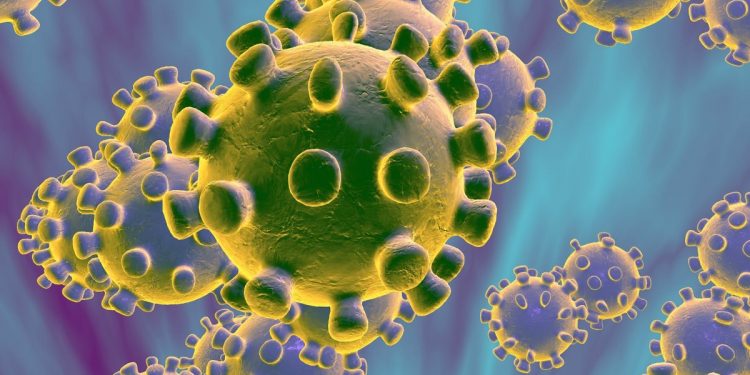London: Researchers have found that approximately 5 per cent of people with Covid-19 progress to a severe or critical form, including development of severe pneumonia which leads to acute respiratory distress syndrome (ARDS).
ARDS is a type of respiratory failure characterised by rapid onset of widespread inflammation in the lungs. Its symptoms include shortness of breath, rapid breathing and bluish skin colouration.
While these forms sometimes occur early in the course of the disease, clinical observations generally describe a two-stage progression of the disease, beginning with a mild to moderate form, followed by respiratory aggravation 9 to 12 days after the onset of the first symptom.
A growing number of indications suggest that this aggravation is caused by a large increase in cytokines — a large group of proteins, peptides or glycoproteins that are secreted by specific cells of the immune system.
“This runaway inflammatory response is correlated with massive infiltration in the lungs of innate immune cells, namely neutrophils and monocytes, creating lung damage and ARDS,” wrote the study authors from the Inserm Research Institute in France.
By analogy with a genetic disease leading to a similar pulmonary pathology identified by the Inserm research team, the initial hypothesis assumed excessive production of interferon (IFN) type I, a marker of the response to infections.
However, in seriously ill patients, the team from various European universities show that the production and activity of type-I IFN are strongly reduced in the most severe forms of Covid-19.
In addition, there is a persistent blood viral load, indicating poor control of viral replication by the patient’s immune system which leads to an ineffective and pathological inflammatory response, the study said.
The inflammation, caused by the transcription factor NF-kB, also leads to increased production and signalling of tumour necrosis factor (TNF)-alpha and the pro-inflammatory cytokine interleukin IL-6.
NF-kB is a protein complex that controls transcription of DNA, cytokine production and cell survival. The researchers revealed that distinct type-I IFN responses may be characteristic of each stage of the disease.
The study showed that low levels of type-I IFN in plasma precede clinical worsening and transfer to intensive care. “Levels of circulating type 1 IFN could even characterise each stage of the disease, with the lowest levels observed in the most severe patients,” The study authors wrote.
These results suggest that in SARS-CoV-2 infection, the production of type-I IFN is inhibited in the infected host, which could explain the more frequent severe forms in individuals with low production of this cytokine.
IANS






































